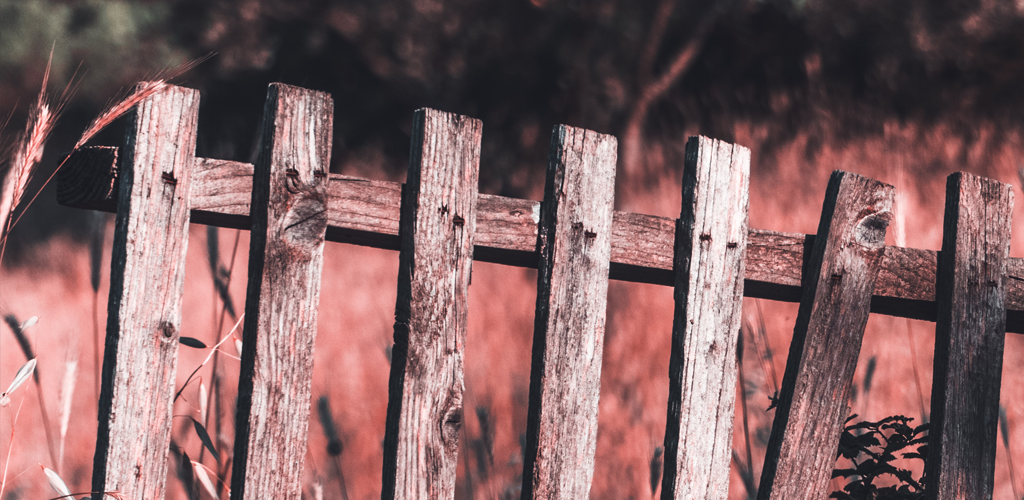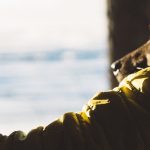Do you still think of the colours stitched into her dress, the hem suddenly caught in lowlight, as life’s violet hands close the chiffon drapes? Does the cold come through the back door with yellow leaves, tiny bird bones and ash from a fire put out by a single name, the timbre already blackened, unrecognisable?
In these southern parts, just east of the derelict railway, the wind summons something residual from that which is long burnt out — incinerators, dogwood, bodies. It enters the wasteland where the dilapidated Victorian house once heaved elegiac.
It points out rooms best left untouched: nurseries in teal, dove grey, olive – one for each of the babies that didn’t quite arrive and the dim oaken living area – for the guests that never left. Our last conversation still suspended over century-year-old chinaware, dated to when generations sleepwalked the peatbog moors, toilsome forefathers working their dignity away to the toll of a cast iron bell.
We try to avoid talk of the mantle display: the painting we argued over: a wooden bowl of wrinkled persimmons and pears (circa 1948), sketched by some girl, half-smiling in a dresser mirror – an attempt to recover before admission into another hospice, another identity, hiding the bruises under layers of linen and feigned grace. On the shelf, brown glass medicine bottles emptied with her memory. But it is understandable why one would self-prescribe this way out of four windowless walls.
Father always stashed the bourbon and cigarettes in the library beside Sartre and other ingenious blueprints of a fool’s future. And he knew to stay away too. Blame the war for not being able to tell blossoms from bullets. How both littered the street on the wrong month and day. The same date that calls after three years of silence, catches on a thread of guilt and unravels more than a mistress or two from the paper mill behind the musky barn. The glinting rolled bales of gold conveniently blinding passersby, like angel light.
There’s a decay about this place even the crows won’t touch. Lichen and soft rot invade the picket fence we kept moving to keep the wolves out, but always, a lamb was lost, always the shepherd strayed.
I can’t talk about it in front of the children, but they know of gods and men and how a mother never believes either, even on Sundays when the river glistens ivory all the way back to the church, as a veil might, its other end draped over the face of a bride too weak to say no.
In this holy place, it is never about the vows, but what love does to a woman stripped of title. The town ladies in bright dresses gossip over who took possession. Who owns this dilapidated ruin if not the ghosts of the alders whose leaves blow in through the screen door kept ajar by Mother’s free will?
We don’t read into these little signs anymore. We know between burlap sacks of spoilt grain and the idle bend of bulrushes, reclamation awaits. Some evenings in the month of June, the steeple is washed in haloed light. There is a soft hammering sound of wood pigeons on tree bark or maybe rusty nails in some kind of wooden vessel. It is hard to tell them apart these days.
But with certainty, he is seen returning, just to confess a few trivial things to another godless man. And under the candelabra, in the back row corner, occasionally, she makes a quiet appearance too.
…
Biography: Vikki C. is a British-born writer, poet and musician from London, whose surrealist literary works are informed by existentialism, science, metaphysics and human relationships. Her work has been published in Across The Margin, Black Bough Poetry, Acropolis Journal, Loft Books, Literary Revelations, DarkWinter Literary Magazine, Spare Parts Lit and others.
…
Image: unsplash.com





